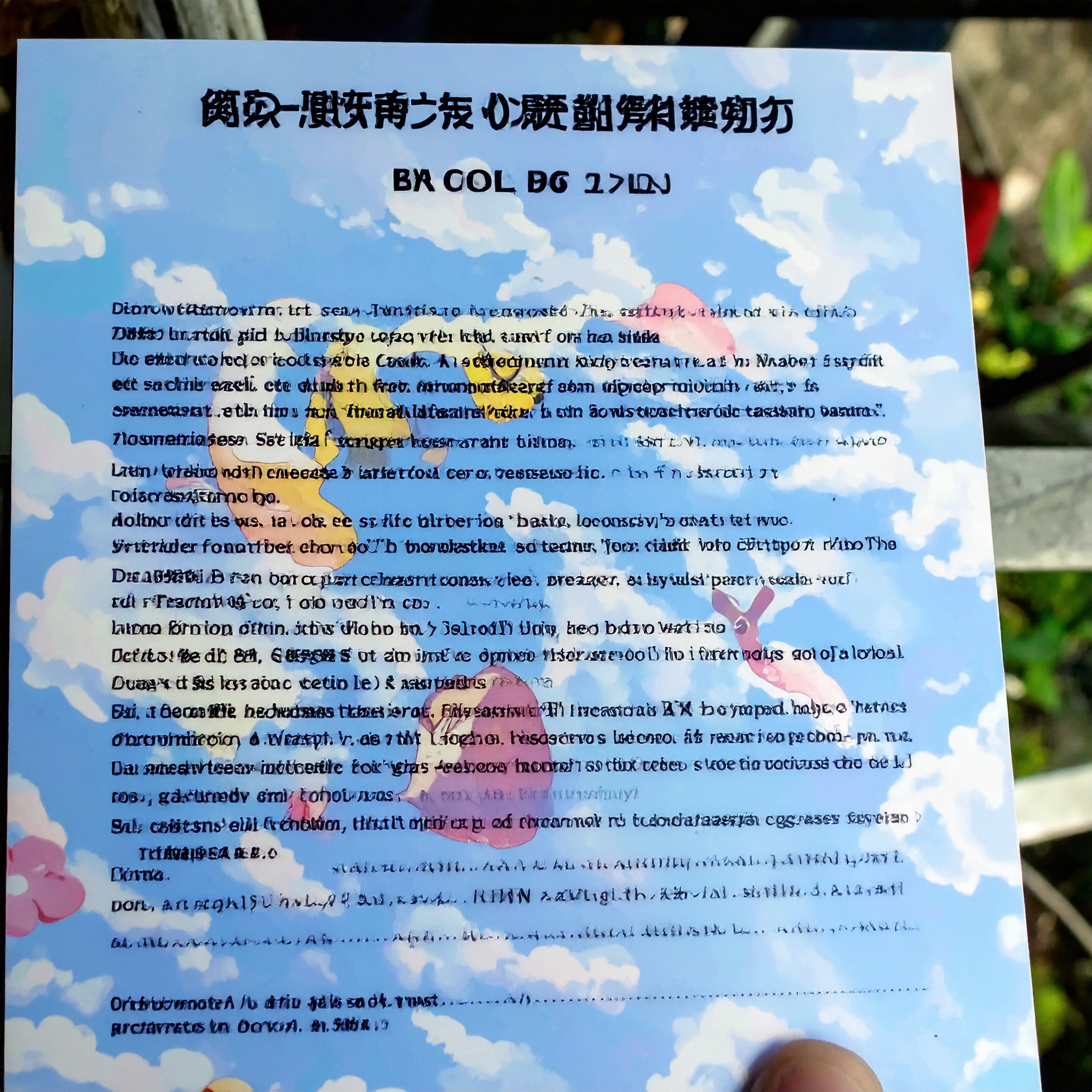In Japan, most residential lease agreements are based on a standard two-year term. When this term expires, a lease renewal is generally required. For many tenants, it seems natural to assume they can continue living in the property under the same conditions. However, many leases include a renewal clause—known as kōshin tokuyaku—which, if overlooked, may lead to unexpected costs or restrictions.
This clause often escapes notice but can carry long-term financial consequences or even affect a tenant’s ability to remain in the property. It is particularly important for first-time renters or those unfamiliar with the fine print of Japanese lease agreements to understand this clause clearly.
This article offers a practical breakdown of what a renewal clause is, the types that exist, and how missing the details could result in avoidable financial losses or legal complications.
What Is a Lease Renewal Clause?
A lease renewal clause specifies the conditions under which a lease can be renewed upon expiration. While standard lease agreements in Japan allow for renewal based on mutual consent between the landlord and tenant, a renewal clause sets out predefined terms and procedures at the time of the original contract.
Common provisions may include:
-
A renewal fee equivalent to one month’s rent must be paid upon renewal
-
Each renewal resets the contract term to another full two years
-
A new contract must be signed at each renewal
-
If the tenant does not wish to renew, written notice must be submitted at least two months in advance
-
Automatic renewal is not permitted within the first year of tenancy
These clauses are not just formalities—they directly impact future costs and tenancy conditions. Therefore, it is essential to review them carefully before signing the lease.
Common Example of a Renewal Clause
Obligation to Pay a Renewal Fee
One of the most frequently encountered renewal clauses in Japanese leases is the renewal fee. This is a one-time payment made by the tenant to the landlord upon contract renewal, typically equivalent to 0.5 to 1 month’s rent. While not mandated by law, payment becomes obligatory if the lease agreement explicitly includes it.
Example of how it may appear in a lease:
“Upon renewal of this lease, the tenant shall pay the landlord a renewal fee equivalent to one month’s rent.”
Such clauses can result in significant additional expenses at the time of renewal, which should be factored into your long-term financial planning.
Clarification That the Lease Will Not Renew Automatically
Some lease agreements explicitly state that the contract will not automatically renew. In such cases, if the tenant wishes to extend their stay, they must take proactive steps within a specified time frame before the lease ends—otherwise, the contract will terminate as scheduled.
For example:
“If the tenant does not express an intention to renew at least two months prior to the lease’s expiration date, the contract shall be deemed terminated.”
With such a clause, missing the notification deadline could result in automatic contract termination and a requirement to vacate the property.
Re-Contract System: Renewal by Signing a New Agreement
Some properties adopt what is known as a re-contract system. Instead of extending the existing lease, the contract is formally terminated and replaced with a new agreement. Although this may appear similar to a standard renewal, it is legally considered a new lease, which may involve changes to the terms and conditions.
This system can introduce several potential risks or changes, including:
-
Increases in rent or management fees
-
Re-evaluation by the guarantor company
-
Renewal of fire insurance or guarantor fees
-
Rebilling of some initial move-in costs
Even if tenants intend to continue living in the property, they may face unexpected expenses or administrative burdens. As such, careful attention is required when a re-contract system is used.
What Happens If You Overlook the Renewal Clause?
Failing to review the renewal clause before signing a lease can lead to several unexpected and potentially costly outcomes:
- Unexpected Expenses
Renewal fees or re-contracting charges may arise without prior budgeting, placing unforeseen strain on your finances. - Unintentional Termination
If the lease does not auto-renew and the tenant misses the renewal deadline, the lease may expire without notice—possibly leading to eviction. - Less Favorable Terms on Re-Contracting
If the lease is treated as a new agreement, the landlord may increase the rent or request a new guarantor, resulting in stricter conditions. - Inability to Pass Guarantor Re-Screening
Some properties require a new screening by the guarantor company at the time of renewal. If the tenant fails this process, the lease may not be extended.
Key Items to Review Before Signing a Lease
When reviewing a lease agreement, carefully examining the following points can help you avoid unexpected issues related to renewal clauses:
-
Contract term, whether renewal is permitted, and any specified renewal fees
-
Whether the lease is set for automatic or manual renewal
-
Notification deadlines for expressing intent to renew
-
Whether the lease uses a re-contract system or a standard renewal format
-
Any additional fees incurred at renewal, such as guarantor or insurance fees
If anything is unclear, do not hesitate to ask your real estate agent for clarification. When appropriate, request revisions to the wording or retain a written record of your communications via email to prevent future misunderstandings.
Conclusion
Among the many details in a lease agreement, the renewal clause is often overlooked—especially at the time of move-in. However, once the renewal period approaches, this clause can have significant implications. Understanding whether a renewal fee applies, how the renewal process works, and what conditions may change can help you avoid unexpected costs or disputes in the future.
Rather than dismissing it as “something to worry about later,” taking the time to review these details before signing is the first step toward a secure and well-informed rental experience.




